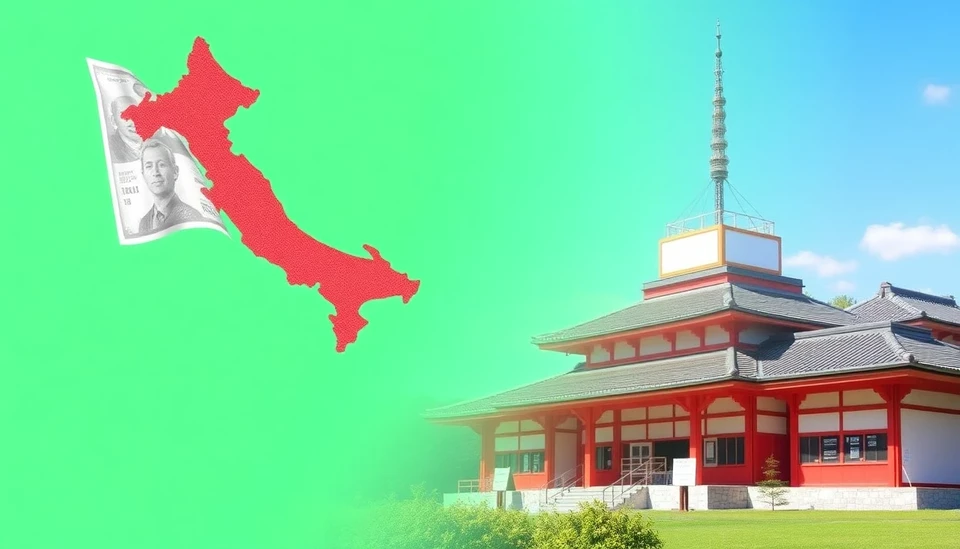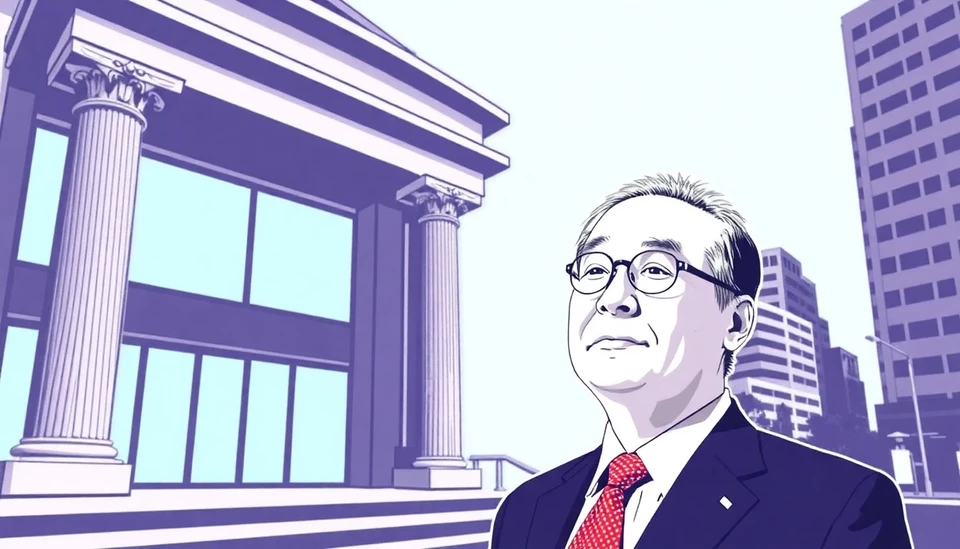
In a pivotal decision that reflects the ongoing economic turbulence in Japan, the Bank of Japan (BoJ) has opted to hold its monetary policy steady, keeping interest rates unchanged. This announcement has emerged as a critical juncture for the country's economy, especially considering the backdrop of unstable political conditions that have sparked debates over future monetary strategies. The BoJ remains in a delicate balancing act, aiming to support the economy while navigating the challenges posed by fluctuating political dynamics.
The decision to maintain the current rate aligns with the central bank's ongoing strategy to combat deflation and stimulate growth within the stagnant Japanese economy. As inflationary pressures persist, BoJ Governor Kazuo Ueda emphasized the importance of a cautious approach in light of the country's precarious political landscape, which has been marked by leadership changes and rising public dissatisfaction. Ueda noted that the bank continues to monitor economic indicators closely, especially those pertaining to consumer prices and employment rates, before making significant adjustments to its policies.
Investment analysts and economists have expressed mixed reactions to the BoJ's decision. While some view the rate hold as a prudent measure given the uncertainties, others argue that a lack of decisive action may further erode confidence in Japan's economic outlook. With elections looming and a potentially volatile political climate ahead, the pressure is mounting on the BoJ to reassess its strategies in the near future. This situation is compounded by global economic shifts and increasing competition from other nations, making it imperative for Japan to recalibrate its monetary policy effectively.
Furthermore, the anxiety surrounding political stability in Japan may inhibit consumer and business sentiment, which is crucial for any sustainable recovery. Analysts are particularly wary about the potential ramifications if political unrest begins to affect public trust in financial institutions, including the central bank. Given that Japan has struggled with prolonged economic stagnation, the BoJ's role in implementing effective monetary policy could prove decisive as the nation approaches a critical economic crossroads.
In summary, the Bank of Japan's commitment to keeping interest rates unchanged comes amid rising uncertainties stemming from the current political environment. The central bank's leadership is poised to navigate a landscape filled with challenges as it seeks to foster stability and growth in Japan's economy. As stakeholders look to the BoJ for guidance, the question remains whether this decision will yield the desired effects in the face of precarious political realities.
Stay tuned for updates as this story continues to unfold, and as the implications of this decision become clearer in the upcoming months.
#BankOfJapan #InterestRates #MonetaryPolicy #JapanEconomy #PoliticalUncertainty #KazuoUeda #EconomicStrategy #Deflation #BusinessSentiment
Author: Daniel Foster




